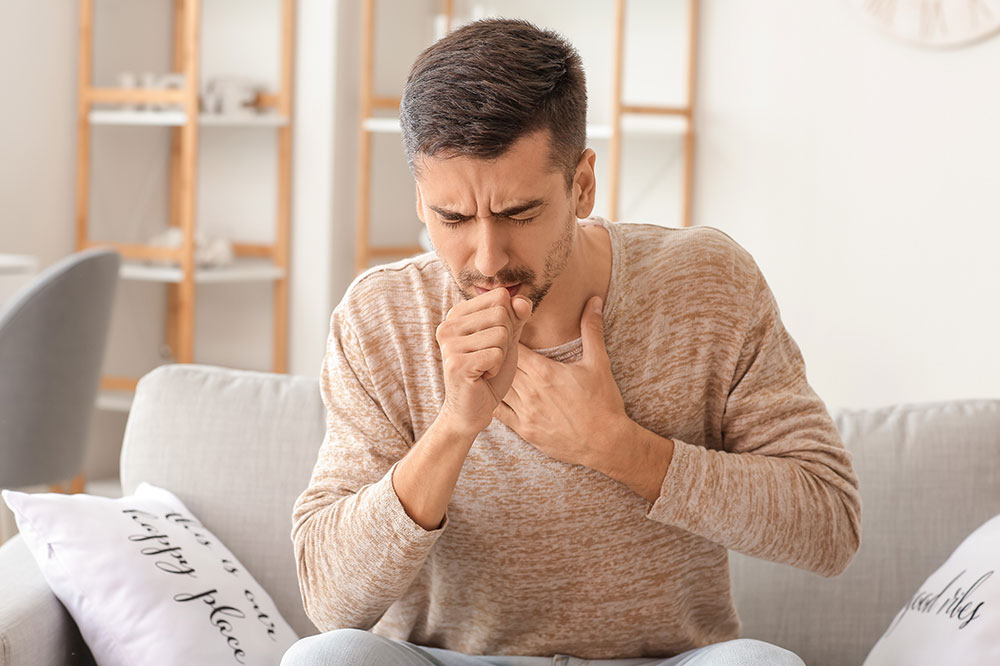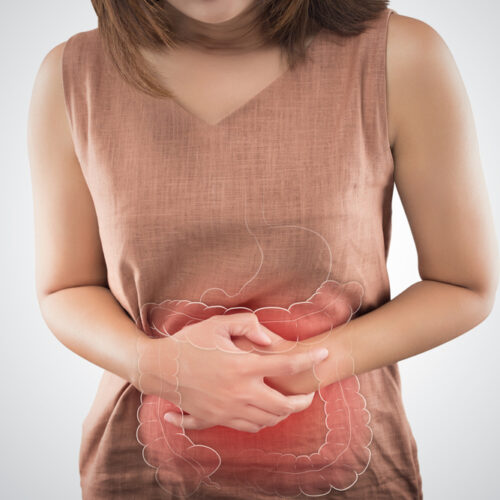Common preventive measures and treatments for whooping cough
Whooping cough, also medically referred to as Pertussis, is a persistent, uncontrollable cough that can severely affect breathing. The Bordetella pertussis bacteria triggers this infectious respiratory disorder that affects infants under a year, small babies, and adults of all ages. The condition is treatable, and with timely medical intervention, it is possible to manage the symptoms effectively.

Preventive measure for whooping cough
Whooping cough is highly contagious. But proper vaccination helps create antibodies to boost immunity and prevent the disease from spreading. Tdap (Tetanus-Diphtheria-Pertussis) vaccine is given to older teens, and young adults receive the DTaP (Diphtheria-Tetanus-Pertussis) vaccine during their childhood vaccination schedule. Pregnant women can also get the vaccine between the 27 th and 36 th weeks of pregnancy to help create antibodies that pass down to the growing baby. Combined, antibiotics given during treatments for whooping cough and the Tdap vaccine helps children and adults of all ages be safe from this disease.
Common treatments
- Antibiotics
Since whooping cough is mainly caused due to a bacterial infection, antibiotics are given to counter the spread of the disease. Also, intravenous fluids must be given to avoid dehydration. Antibiotics are also given to children who have had all their immunizations to ensure immunity is not compromised. Note that antibiotics only counter the infection and do not cure Pertussis. The treatment usually lasts for a couple of weeks before further screening is done to check any persistent symptoms. - Home monitoring and self-care
Infants and young children take more time to recover from whooping cough. Some symptoms may be recurrent and last for more than four weeks after treatment has been administered. Family members and caretakers must closely observe and take note of the symptoms. It is advisable to contact emergency medical personal if the cough is persistent and aggressive. Doctors often suggest using humidifiers at home in the patient’s room to keep the air moist. Humidifiers help alleviate the discomforts associated with a persistent cough.
Treatments for whooping cough and Tdap vaccines go hand in hand. Tdap booster shots are given to further boost immunity at a later stage in adolescence as a preventive measure.











